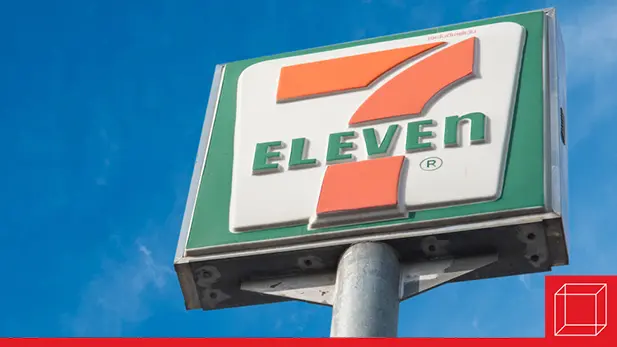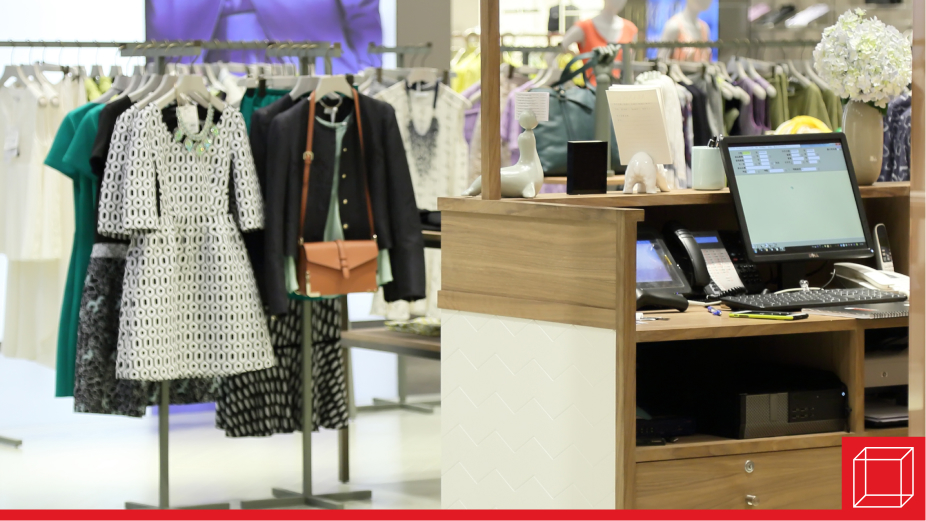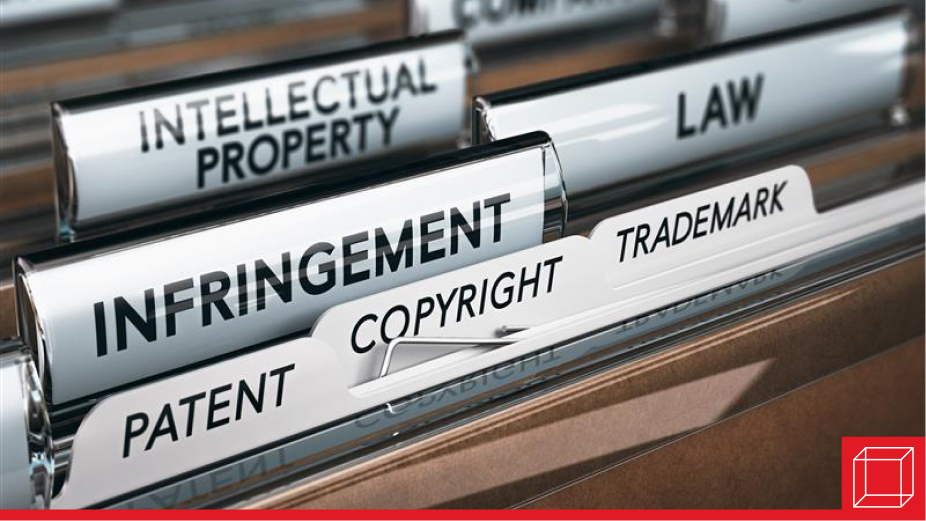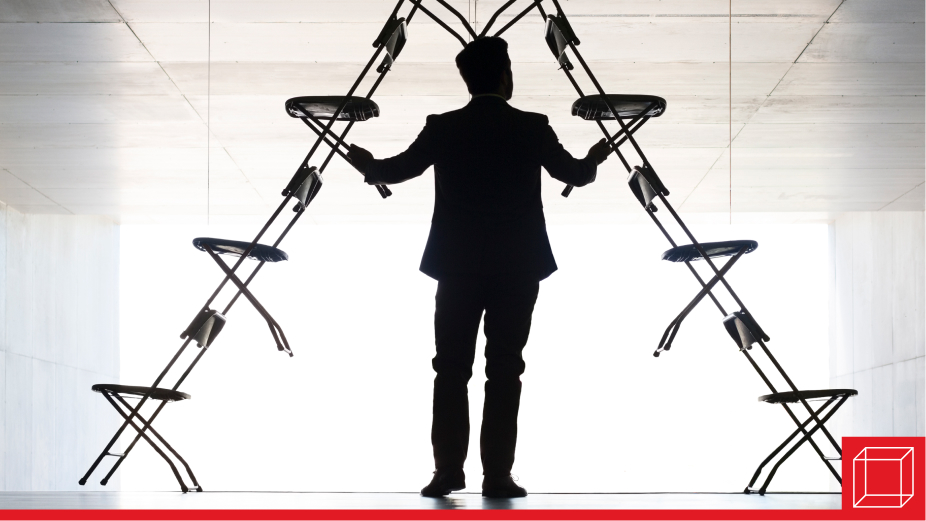7-Eleven Rocks the Stage at When We Were Young Festival
When you think of 7-Eleven, you likely think of coffee, Big Gulps, Slurpees, and late-night snacks—not pop-punk music.

But in a bold and strategic marketing move, 7-Eleven became the headline sponsor for Live Nation’s When We Were Young music festival in Las Vegas. Designed to capture millennial and Gen X audiences, the sponsorship leans into nostalgia-driven events and could serve as an effective platform for experiential marketing.
Why When We Were Young?
The When We Were Young festival, launched in 2022, has become a cultural touchstone for millennial emo and pop-punk nostalgia. The festival lineup features early 2000s bands like My Chemical Romance, Paramore, Taking Back Sunday, and Blink-182, acts that resonate deeply with audiences who came of age during the emo boom.
For brands like 7-Eleven, the emotional connection fans have to this music offers a valuable marketing opportunity. By associating with the event, 7-Eleven isn’t just promoting convenience; it’s positioning itself as part of a larger lifestyle experience built around identity and memory.
The When We Were Young festival primarily appeals to millennials and Gen Xers who grew up during the peak of the emo and pop-punk era in the early 2000s. Many attendees are now in their late twenties to early forties, a demographic with stronger purchasing power compared to typical music festival crowds. This group is nostalgic for the bands of their youth but also receptive to premium experiences and branded activations that offer both convenience and cultural relevance.
The Activation Strategy
Rather than settle for passive logo placement, 7-Eleven's partnership leans heavily into activation marketing. According to The Wall Street Journal, 7-Eleven will create an on-site Slurpee hangout space and exclusive lounges featuring free drinks and merchandise. These experiences allowed attendees to engage directly with the brand.
Additionally, 7-Eleven will roll out limited-edition festival-themed products across its stores, including custom Slurpee cups and branded apparel. The marketing plan extends beyond the festival grounds, reinforcing the connection between 7-Eleven and the cultural moment.
7-Eleven’s experiences and merchandise will let attendees carry the memory of the festival with them, moving the brand closer to the likes of Vans and Hot Topic, who have long leveraged music scenes to build deep loyalty among youth audiences.
Lessons in Experiential Marketing
7-Eleven’s partnership with When We Were Young could serve as a compelling example of how brands might leverage live events to create authentic consumer connections. Aligning with events that tap into emotional triggers, such as nostalgia, can deepen audience engagement. Prioritizing immersive experiences over passive branding is also key, as consumers are more likely to remember interactions that feel personal and memorable. Extending the experience beyond the event itself through limited-edition products, digital campaigns, or in-store promotions can help maintain momentum and keep the brand top of mind. If executed successfully, 7-Eleven’s approach could illustrate how experiential marketing can strengthen brand relevance in an increasingly experience-driven economy.
In the Classroom
This article can be used to discuss target markets (Chapter 11: Customer-Driven Marketing) and promotion strategy (Chapter 12: Dimensions of Marketing Strategy).
Discussion Questions
- Why was the When We Were Young festival a strategic choice for 7-Eleven’s sponsorship?
- How does 7-Eleven's activation marketing go beyond traditional sponsorship?
- In what ways did 7-Eleven use the concept of nostalgia to strengthen its brand?
This article was developed with the support of Kelsey Reddick for and under the direction of O.C. Ferrell, Linda Ferrell, and Geoff Hirt.
"7-Eleven Taps Into Nostalgia with Music Festival Marketing," NACS Daily, April 28, 2025, https://www.convenience.org/Media/Daily/2025/April/28/3-7-Eleven-Music-Festival_Marketing
Chris Kelly, "7-Eleven Links with Live Nation for Nostalgic Music Festival Activations," Marketing Dive, April 28, 2025, https://www.marketingdive.com/news/7-eleven-live-nation-nostalgic-music-festival-activations/746466/
Katie Deighton, "The Headline Act at Live Nation’s Las Vegas Pop-Punk Festival: 7-Eleven," Wall Street Journal, April 28, 2025, https://www.wsj.com/articles/the-headline-act-at-live-nations-las-vegas-pop-punk-festival-7-eleven-9f99499b
Lauren O’Neal, "When We Were Young Festival Captures Millennial Emo Nostalgia," New Statesman, October 27, 2022, https://www.newstatesman.com/culture/music/2022/10/when-we-were-young-festival-millennial-emo-nostalgia



